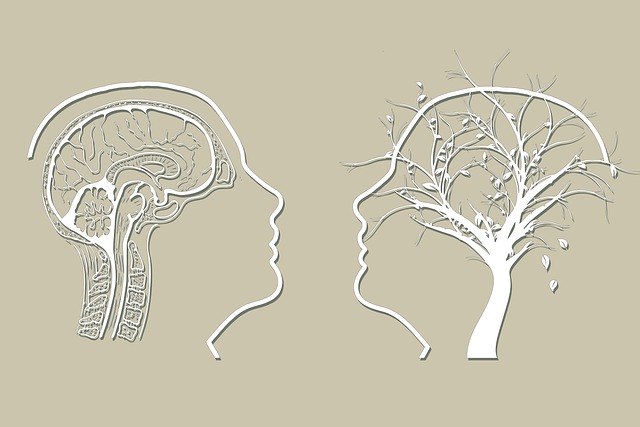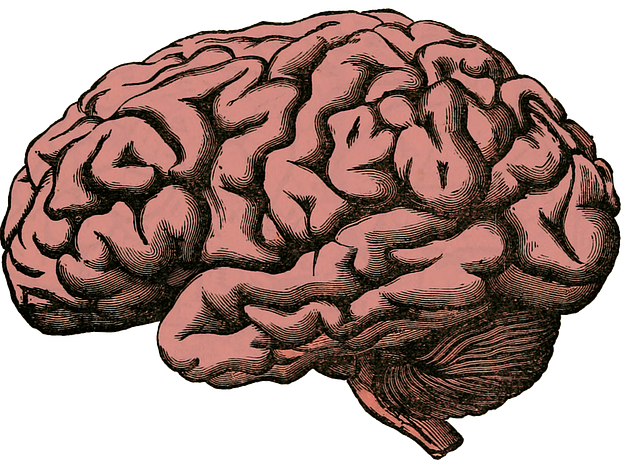Creating a successful mental wellness podcast targeting young adults with ADD/ADHD involves understanding their unique needs. Engage them with tailored topics like time management and mindfulness, incorporating personal stories and Q&A sessions. Offer practical tools such as risk management planning and Social Skills Training (SST) techniques. Blend structured storytelling with actionable coping skills and emotional intelligence discussions. Ensure high-quality audio production and use SEO strategies, social media, and collaborations to reach this demographic effectively. The goal is to provide therapy for young adults with ADD/ADHD that educates, empowers, and fosters mental wellness through engaging podcast content.
“Unleash the power of mental wellness podcasts to reach and support young adults with ADD/ADHD. In this comprehensive guide, we explore strategies for creating engaging content tailored to their unique needs. From understanding audience dynamics to production techniques and promotion, learn how to craft therapeutic episodes that resonate. Discover topics, structure, sound quality tips, and distribution strategies to enhance listenability and make your podcast a go-to resource for therapy and support in the digital age.”
- Understanding Your Audience: Tailoring Content for Young Adults with ADD/ADHD
- Creating Engaging Podcast Episodes: Topics and Structure for Mental Wellness
- Production Techniques to Enhance Listenability: Sound Quality and Editing Tips
- Distribution and Promotion Strategies: Reaching and Supporting Your Target Demographic
Understanding Your Audience: Tailoring Content for Young Adults with ADD/ADHD

Understanding your audience is a cornerstone when producing content for a mental wellness podcast series, especially when catering to young adults with Attention Deficit Disorder (ADD) or Attention-Deficit/Hyperactivity Disorder (ADHD). This demographic often faces unique challenges in managing their mental health, requiring tailored approaches that resonate with their specific needs and interests. By delving into topics relevant to their experiences, such as time management strategies, coping mechanisms for impulsivity, and the benefits of mindfulness meditation, podcast episodes can offer valuable therapy for young adults with ADD/ADHD.
To effectively engage this audience, incorporate interactive elements, like Q&A sessions or personal stories shared by guests who have successfully navigated similar struggles. Discussing effective risk management planning for mental health professionals can also be enlightening, as young adults seek guidance on navigating their mental health journeys. Additionally, exploring Social Skills Training (SST) techniques within the podcast can empower listeners with tools to build and maintain healthy relationships, a crucial aspect of overall wellness for this demographic.
Creating Engaging Podcast Episodes: Topics and Structure for Mental Wellness

Creating engaging podcast episodes for mental wellness requires a thoughtful blend of topics and structured storytelling. To capture and retain young adult listeners, such as those navigating therapy for ADD/ADHD, each episode should offer practical insights and relatable experiences. Incorporate segments that delve into specific challenges—like managing impulsivity or improving focus—and present actionable coping skills development strategies.
Mix in crisis intervention guidance tailored to the target audience’s needs, sharing techniques to help them stay grounded in stressful situations. Equally important, weave in conversations about emotional intelligence, helping listeners understand and regulate their emotions better. By combining these elements, your podcast series can become a trusted companion on the journey towards mental wellness.
Production Techniques to Enhance Listenability: Sound Quality and Editing Tips

In Mental Wellness Podcast Series Production, sound quality and editing play pivotal roles in enhancing listenability. For a podcast focused on therapy for young adults with ADD-ADHD, clear and well-balanced audio ensures that viewers can fully engage with the content. Invest in high-quality microphones and recording equipment to capture crisp, unadulterated speech. Additionally, background noise reduction techniques can significantly improve overall sound clarity.
Editing tips include pacing the podcast to maintain listener interest, using music or sound effects for emotional emphasis (while ensuring they don’t distract from the main content), and incorporating visual aids—such as charts or graphics—to support complex discussions on mental health education programs design. Proper editing not only makes the podcast more enjoyable but also facilitates better comprehension of intricate topics related to burnout prevention strategies for healthcare providers and ADD-ADHD management.
Distribution and Promotion Strategies: Reaching and Supporting Your Target Demographic

Reaching your target demographic is key to the success of any podcast series, especially when addressing sensitive topics like mental wellness among young adults with ADD/ADHD. Utilize social media platforms where your audience actively engages—Instagram, TikTok, Twitter—to share captivating clips and behind-the-scenes content, fostering community and curiosity. Collaborate with influencers or organizations catering to this demographic for cross-promotion, amplifying your reach and credibility.
Leveraging SEO best practices is also crucial. Incorporate relevant keywords like “Therapy for Young Adults ADD/ADHD” and “Mindfulness Meditation” into episode titles, descriptions, and show notes, making it easier for listeners to discover your podcast. Engage in public awareness campaigns that align with your content, establishing your series as a valuable resource for coping skills development and mental health support.
Producing a mental wellness podcast series tailored to young adults with ADD/ADHD requires a deep understanding of your audience’s unique needs. By focusing on engaging content, high-quality sound production, and strategic distribution, you can create a valuable resource that offers therapeutic benefits. Remember, the right approach can make a significant difference in helping young adults manage their conditions and embrace a healthier mindset. Incorporate these insights to create a podcast series that resonates with your target demographic, ultimately contributing to improved mental wellness among young adults seeking therapy for ADD-ADHD.











